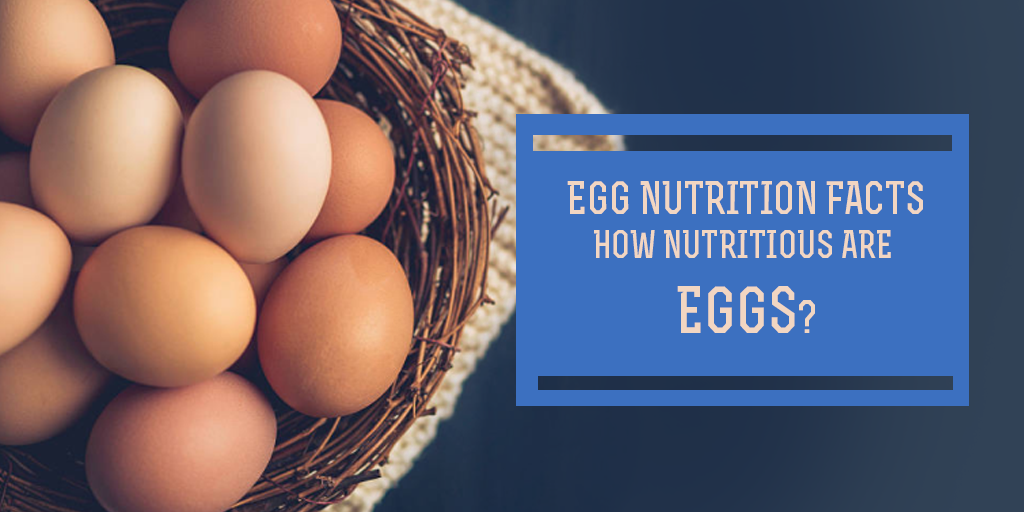- Introduction to Egg Nutrition
- Egg Nutritional Value
- Egg Nutrition Facts
- Whole Egg Nutrition
- Egg White Nutrition
- Egg Yolk Nutrition
- 1 Egg Nutrition
- Boiled Egg Nutrition
- Scrambled Eggs Nutrition Facts
- Devilled Eggs Nutrition Facts
- Egg Noodles Nutrition Facts
- Egg Whites Nutrition Facts
- Egg McMuffin Nutrition Facts
- Egg Sausage McMuffin Nutrition Facts
- 5 Eggs Nutrition
- One Egg Nutrition vs. Two Eggs Nutrition
- Health Benefits of Eggs
- Are Eggs Good for Weight Loss?
- Risks and Considerations
- FAQs
- Final Thoughts on Egg Nutrition
Introduction to Egg Nutrition
Eggs are among the most nutritious foods on the planet. Packed with protein, vitamins, and minerals, they offer incredible health benefits. Understanding egg nutrition helps you make better dietary choices while enjoying one of nature’s most versatile foods.
Egg Nutritional Value
The nutritional value of an egg is outstanding. A single large egg contains about 70–78 calories, 6 grams of protein, and essential nutrients like Vitamin B12, Vitamin D, choline, and iron. This makes eggs a powerhouse of balanced nutrition.
Egg Nutrition Facts
According to USDA data, one large egg contains:
- Calories: 72
- Protein: 6.3 g
- Fat: 5 g
- Cholesterol: 186 mg
- Carbs: 0.6 g
These egg nutrition facts show why eggs are considered an excellent choice for a balanced diet.
Whole Egg Nutrition
A whole egg is a perfect combination of egg white and yolk. While the yolk contains fat, vitamins, and minerals, the white is rich in protein. Together, they form a nutrient-dense food ideal for daily consumption.
Egg White Nutrition
Egg whites are almost pure protein and low in calories. One egg white has about 17 calories, 3.6 grams of protein, and virtually no fat. This makes them popular among athletes and those aiming for weight loss.
Egg Yolk Nutrition
The egg yolk is rich in vitamins A, D, E, K, and healthy fats. It also contains antioxidants like lutein and zeaxanthin, which protect eye health. While higher in cholesterol, moderate consumption supports overall wellness.
1 Egg Nutrition
A single egg may look small, but it delivers a lot of nutrition. 1 egg nutrition includes protein for muscles, fats for energy, and micronutrients for immunity and metabolism. Eating one egg a day is generally safe for most people.
Boiled Egg Nutrition
Boiled eggs are among the healthiest ways to eat eggs. A large boiled egg contains about 77 calories, 6 grams of protein, and healthy fats. Boiling preserves most nutrients without adding extra calories.
Scrambled Eggs Nutrition Facts
Scrambled eggs are delicious and filling. 2 scrambled eggs nutrition facts show they contain about 180 calories and 12 grams of protein. However, the nutrition may vary depending on added butter, oil, or milk.

Devilled Eggs Nutrition Facts
Devilled eggs are a tasty appetizer made with boiled eggs and seasoning. A single devilled egg typically contains around 60–70 calories, depending on the filling. While slightly higher in fat, they still offer protein and essential vitamins.
Egg Noodles Nutrition Facts
Egg noodles are made with wheat flour and eggs, giving them more protein than regular pasta. Egg noodles nutrition facts: 1 cup cooked has about 220 calories, 7 grams of protein, and B vitamins for energy.
Egg Whites Nutrition Facts
For those avoiding yolks, egg whites nutrition facts show they’re extremely low in calories and fat. Four egg whites equal around 68 calories and 14 grams of protein, making them perfect for a high-protein, low-fat diet.
Egg McMuffin Nutrition Facts
A classic egg McMuffin has about 300 calories, 17 grams of protein, and 12 grams of fat. While not as healthy as plain eggs, it’s still a better fast-food choice compared to fried alternatives.
Egg Sausage McMuffin Nutrition Facts
The egg sausage McMuffin is more calorie-dense, offering about 470 calories and 30 grams of fat. While tasty, it should be consumed occasionally, as part of a balanced diet.
5 Eggs Nutrition
Some athletes and bodybuilders eat multiple eggs daily. 5 eggs nutrition provides around 385 calories, 31 grams of protein, and 25 grams of fat. However, this is too much for an average person, so moderation is key.
One Egg Nutrition vs. Two Eggs Nutrition
One egg nutrition provides 6 grams of protein and 70 calories. Eating two eggs doubles the protein intake, making it a great breakfast option for muscle building and satiety.
Health Benefits of Eggs
- Build muscle with high-quality protein
- Support brain function with choline
- Improve eye health with antioxidants
- Provide vitamin D for stronger bones
- Keep you full and energized longer
Are Eggs Good for Weight Loss?
Yes, eggs can support weight loss. They are low in calories yet high in protein, keeping you fuller for longer. A breakfast with boiled or scrambled eggs can reduce overall calorie intake during the day.
Risks and Considerations
While eggs are healthy, overconsumption can raise cholesterol in some people. Individuals with heart disease risk should consult a doctor. Always cook eggs properly to avoid salmonella infection.
FAQs
Final Thoughts on Egg Nutrition
Eggs are a nutrient-packed food that provides protein, vitamins, minerals, and antioxidants. From egg white nutrition to egg yolk nutrition, each part offers unique benefits. Whether you enjoy boiled egg nutrition, scrambled eggs nutrition facts, or even egg noodles nutrition facts, eggs remain one of the most valuable additions to a balanced diet.




Leave a Reply